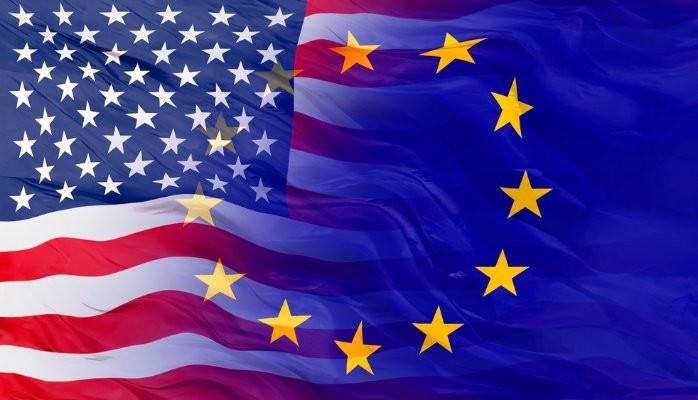Yesterday, the EU Commission adopted its decision on the EU-U.S. Privacy Shield.
This new framework protects the fundamental rights of anyone in the EU whose personal data is transferred to the United States as well as bringing legal clarity for businesses relying on transatlantic data transfers.
The EU-U.S. Privacy Shield is based on the following principles:
- Strong obligations on companies handling data: under the new arrangement, the U.S. Department of Commerce will conductregular updates and reviews of participating companies, to ensure that companies follow the rules they submitted themselves to. If companies do not comply in practice they face sanctions and removal from the list. The tightening of conditions for the onward transfers of data to third parties will guarantee the same level of protection in case of a transfer from a Privacy Shield company.
- Clear safeguards and transparency obligations on U.S. government access: The US has given the EU assurance that the access of public authorities for law enforcement and national security is subject to clear limitations, safeguards and oversight mechanisms. Everyone in the EU will, also for the first time, benefit from redress mechanisms in this area. The U.S. has ruled out indiscriminate mass surveillance on personal data transferred to the US under the EU-U.S. Privacy Shield arrangement. The Office of the Director of National Intelligence further clarified that bulk collection of data could only be used under specific preconditions and needs to be as targeted and focused as possible. It details the safeguards in place for the use of data under such exceptional circumstances. The U.S. Secretary of State has established a redress possibility in the area of national intelligence for Europeans through anOmbudsperson mechanism within the Department of State.
- Effective protection of individual rights: Any citizen who considers that their data has been misused under the Privacy Shield scheme will benefit from several accessible and affordable dispute resolution mechanisms. Ideally, the complaint will be resolved by the company itself; or free of charge Alternative Dispute resolution (ADR) solutions will be offered. Individuals can also go to theirnational Data Protection Authorities, who will work with the Federal Trade Commission to ensure that complaints by EU citizens are investigated and resolved. If a case is not resolved by any of the other means, as a last resort there will be anarbitration mechanism. Redress possibility in the area of national security for EU citizens’ will be handled by an Ombudspersonindependent from the US intelligence services.
- Annual joint review mechanism: the mechanism will monitor the functioning of the Privacy Shield, including the commitments and assurance as regards access to data for law enforcement and national security purposes. The European Commission and the U.S. Department of Commerce will conduct the review and associate national intelligence experts from the U.S. and European Data Protection Authorities. The Commission will draw on all other sources of information available and will issue a public report to the European Parliament and the Council.
Since presenting the draft Privacy Shield in February, the Commission has drawn on the opinions of the European data protection authorities (Art. 29 working party) and the European Data Protection Supervisor, and the resolution of the European Parliament to include a number of additional clarifications and improvements. The European Commission and the U.S. notably agreed on additional clarifications on bulk collection of data, strengthening the Ombudsperson mechanism, and more explicit obligations on companies as regards limits on retention and onward transfers.
Next steps: The “adequacy decision” will be notified today to the Member States and thereby enter into force immediately. On the U.S. side, the Privacy Shield framework will be published in the Federal Register, the equivalent to our Official Journal. The U.S. Department of Commerce will start operating the Privacy Shield. Once companies have had an opportunity to review the framework and update their compliance, companies will be able to certify with the Commerce Department starting August 1. In parallel, the Commission will publish a short guide for citizens explaining the available remedies in case an individual considers that his personal data has been used without taking into account the data protection rules.

